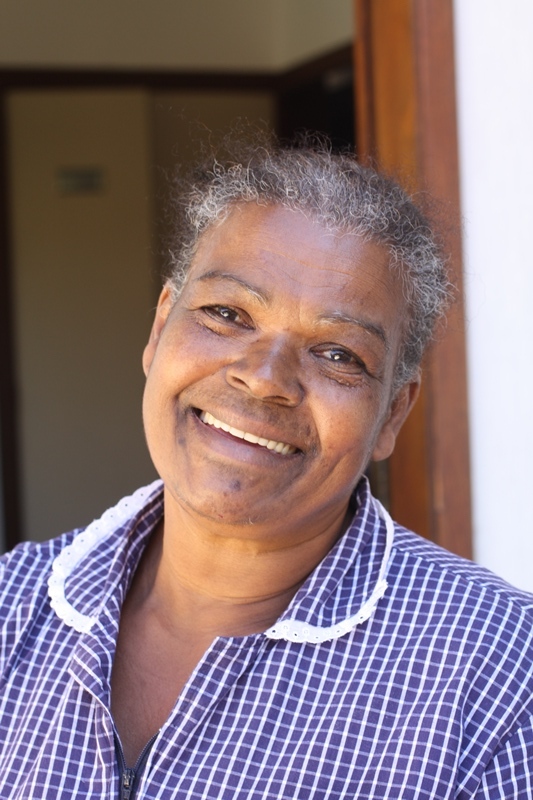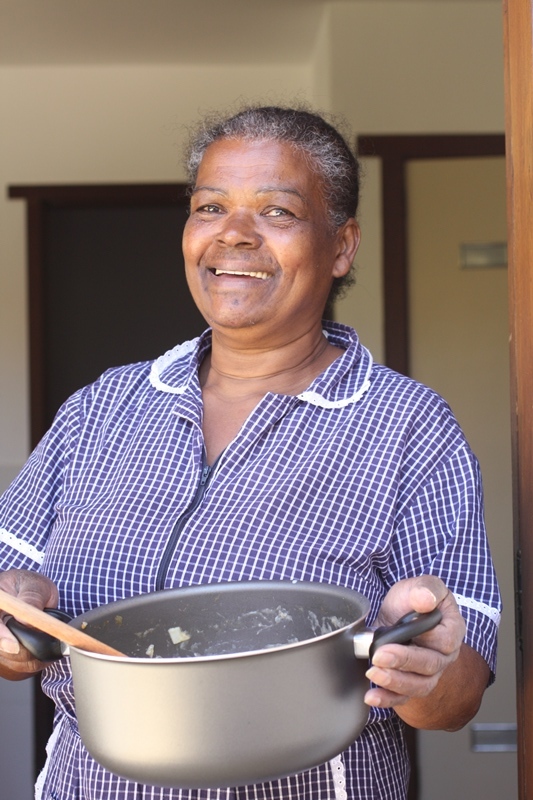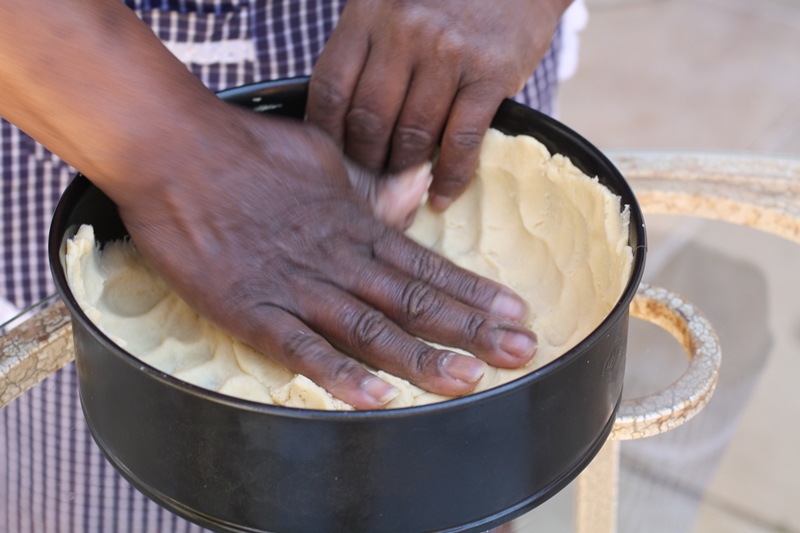[vc_row][vc_column][vc_column_text]
We all love movies, and we all relate to them. Only a few movies though, capture the story of your life as if the director knew you, as if he made the movie thinking of you. With that in mind, did you see The Help?
If you happen to be from the south, you probably saw this movie already. If you’re Latin American, I guarantee you will relate to it. And if you are Brazilian, you might as well feel deeply touched, just like I did.
The Help, released in August 2011, is based on Kathryn Stockett’s best selling novel and was adapted beautifully to the screen. It shows the relationship between African–American maids and their white employers in the 1960’s in Mississippi.
As a Brazilian, The Help touched me in so many ways that it’s hard to describe. Suffice to say that I cried a lot during the movie. I have lived this kind of relationship, and if it wasn’t for the nanny who worked in my house for almost 10 years when I was a child, I don’t even know that I would be here today, living and breathing culinary.
It is very unique in the sense that it brings the perspective of the nanny—what they feel, how they get attached to the children they care for, the love they convey when cooking for a family they like (or dislike). The story bridges race, social class, food, education, childcare, love, women, perseverance, and integrity.
The race issue that I experienced in Brazil in the 1980’s wasn’t nearly as complicated as depicted in the movie, but its underlying pathos is familiar to any Brazilian, since our history is so strongly rooted in slavery and Africa, and Brazil was one of the lasts countries to abolish slavery in 1888.
I saw myself in the skin of Eugenia “Skeeter” Phelan, the character played by actress Emma Stone, and her disarming sensibility on how she tries to adapt to life in that place and time, trying to live like everyone else around her, when deep in her heart, she knew she didn’t belong there. Like the character, I often felt like a fish out of water; I grew up in Brazil in a time where cooking was the domain of the servants. Most of time, I would much rather be in the kitchen then elsewhere.
I spent most of the past summer in Brazil, where I met Ivani de Souza Ferreira, who started working for my family about a year ago, as the house cook.
 We instantly connected through food. The plastic container she uses to work the dough, the way she crushes garlic instead of chopping, the piece of plastic she uses to flip the top dough, the way she patches the dough into the spring form mold, it all reminds me of a simple world.
We instantly connected through food. The plastic container she uses to work the dough, the way she crushes garlic instead of chopping, the piece of plastic she uses to flip the top dough, the way she patches the dough into the spring form mold, it all reminds me of a simple world.
Her wrinkled hands touching the dough and patching to glue the cracked spaces… it’s all from years of experience.
Her happiness comes from delicious flaky dough, and tender hearts of palm —just like mine.
On the next post, let’s celebrate Ivani, a born cook, with her recipe for Empadão de Palmito (Hearts of Palm Big Empanada). [/vc_column_text][/vc_column][/vc_row]
[/vc_column_text][/vc_column][/vc_row]



